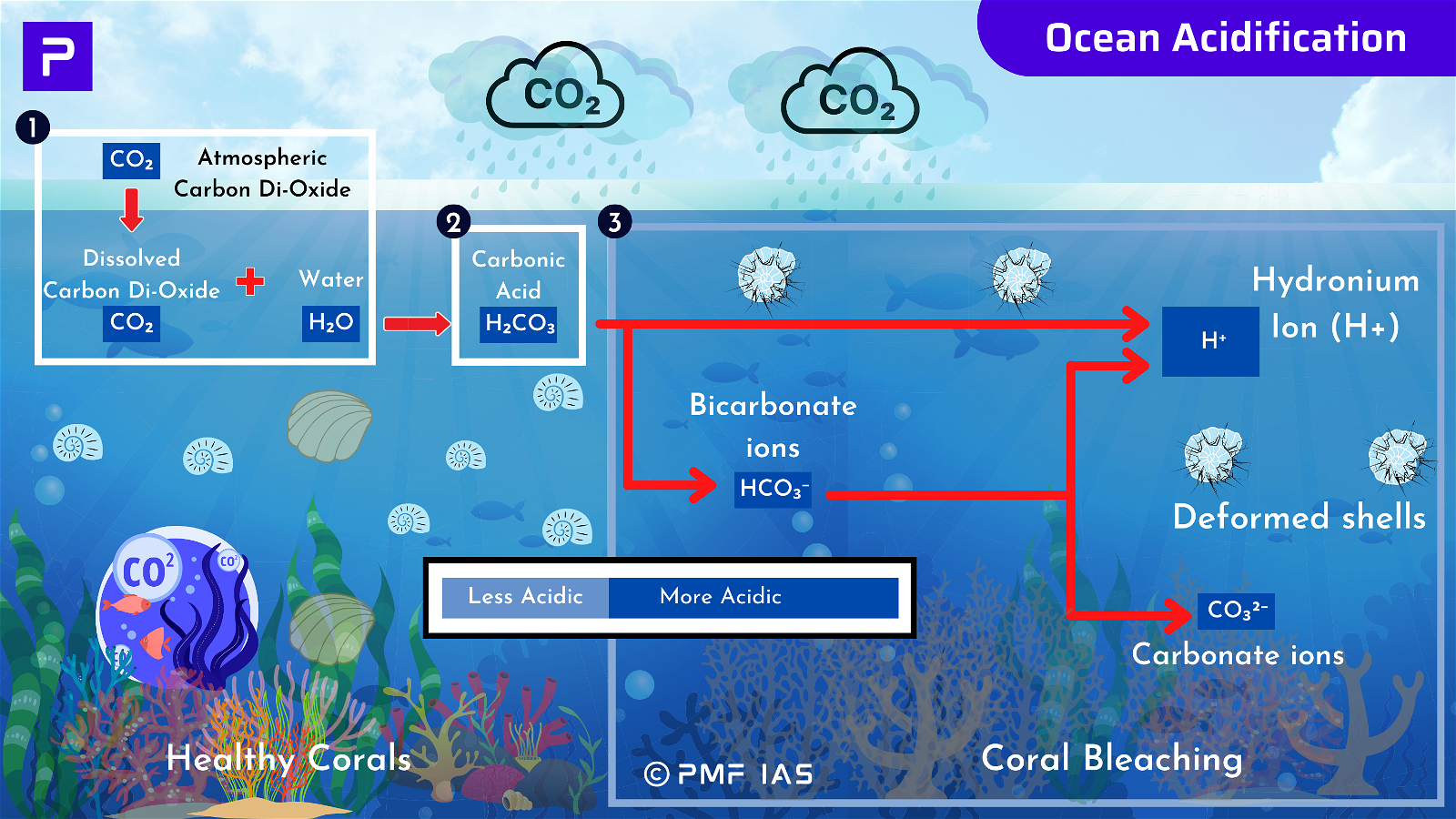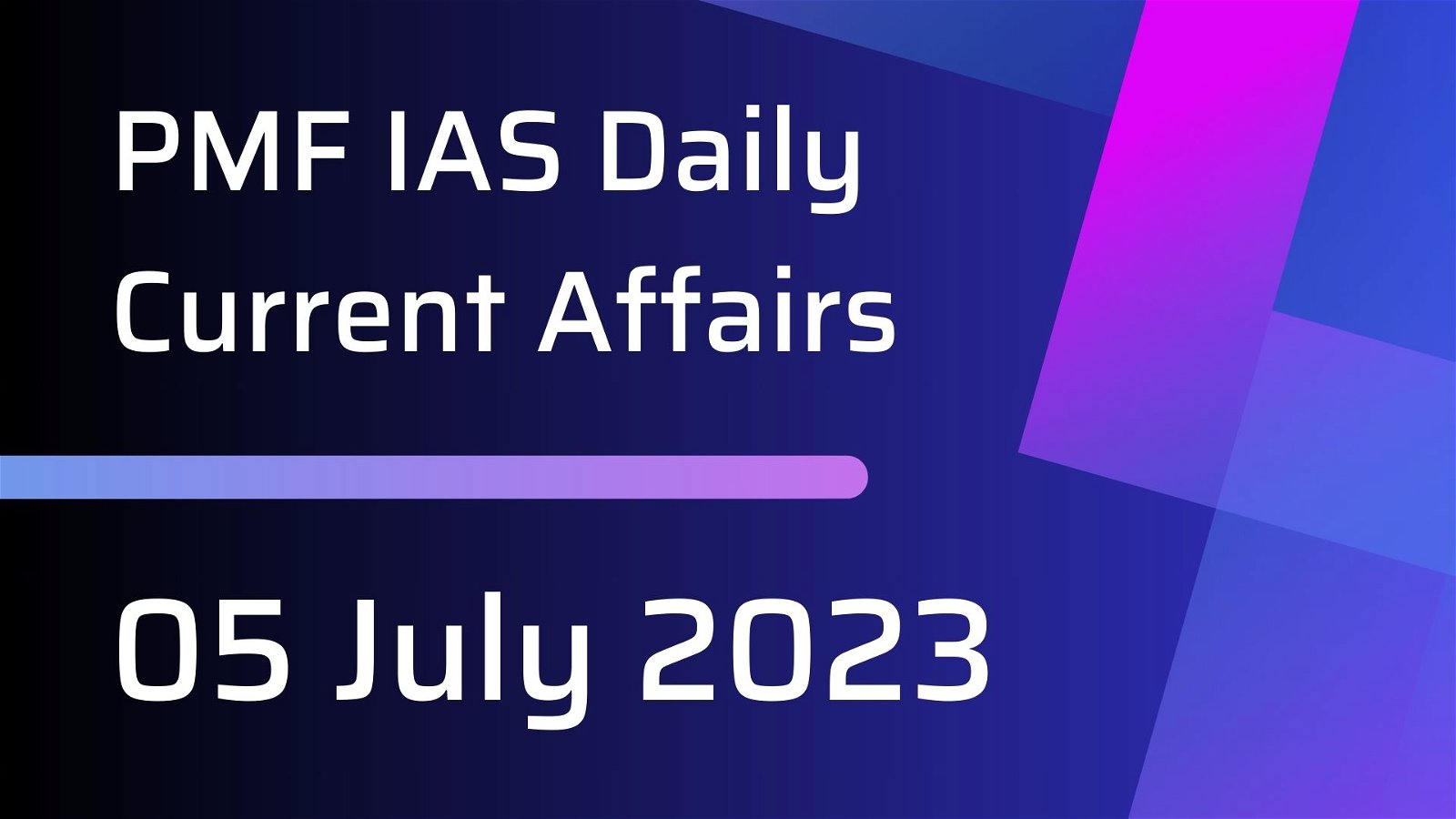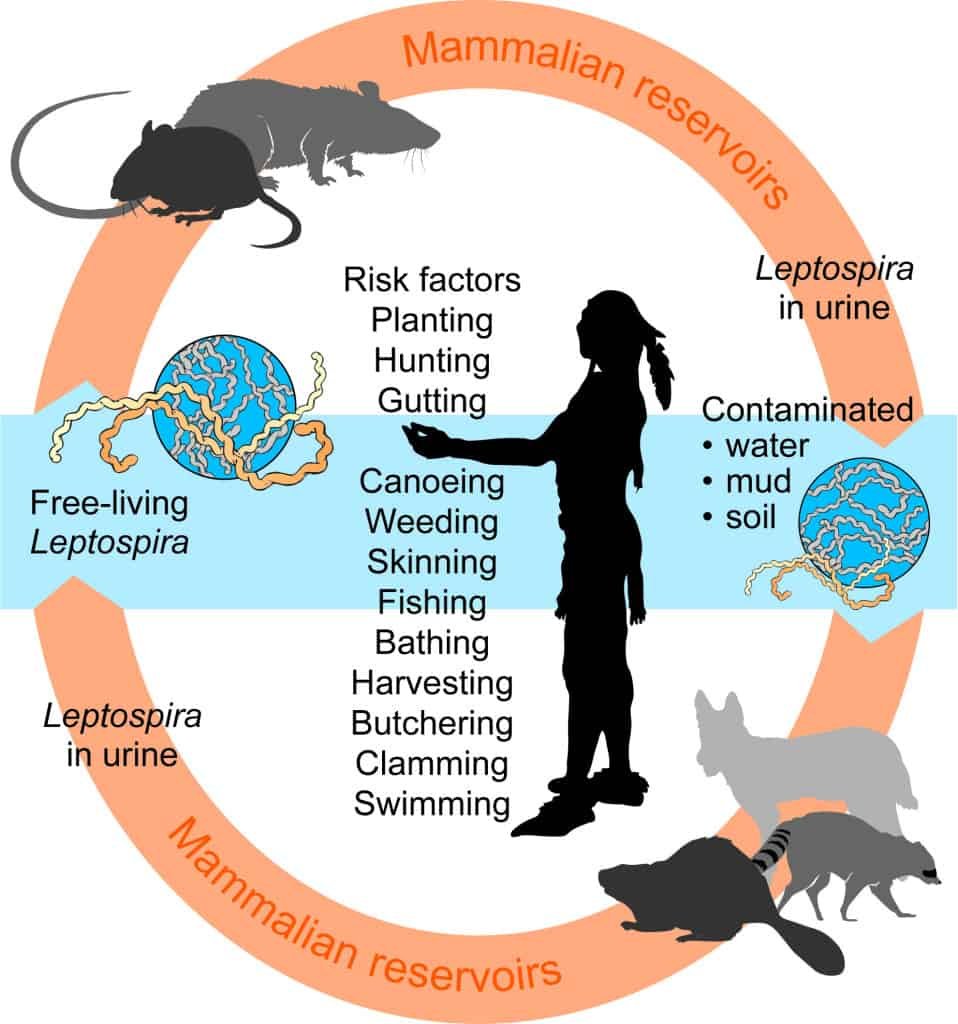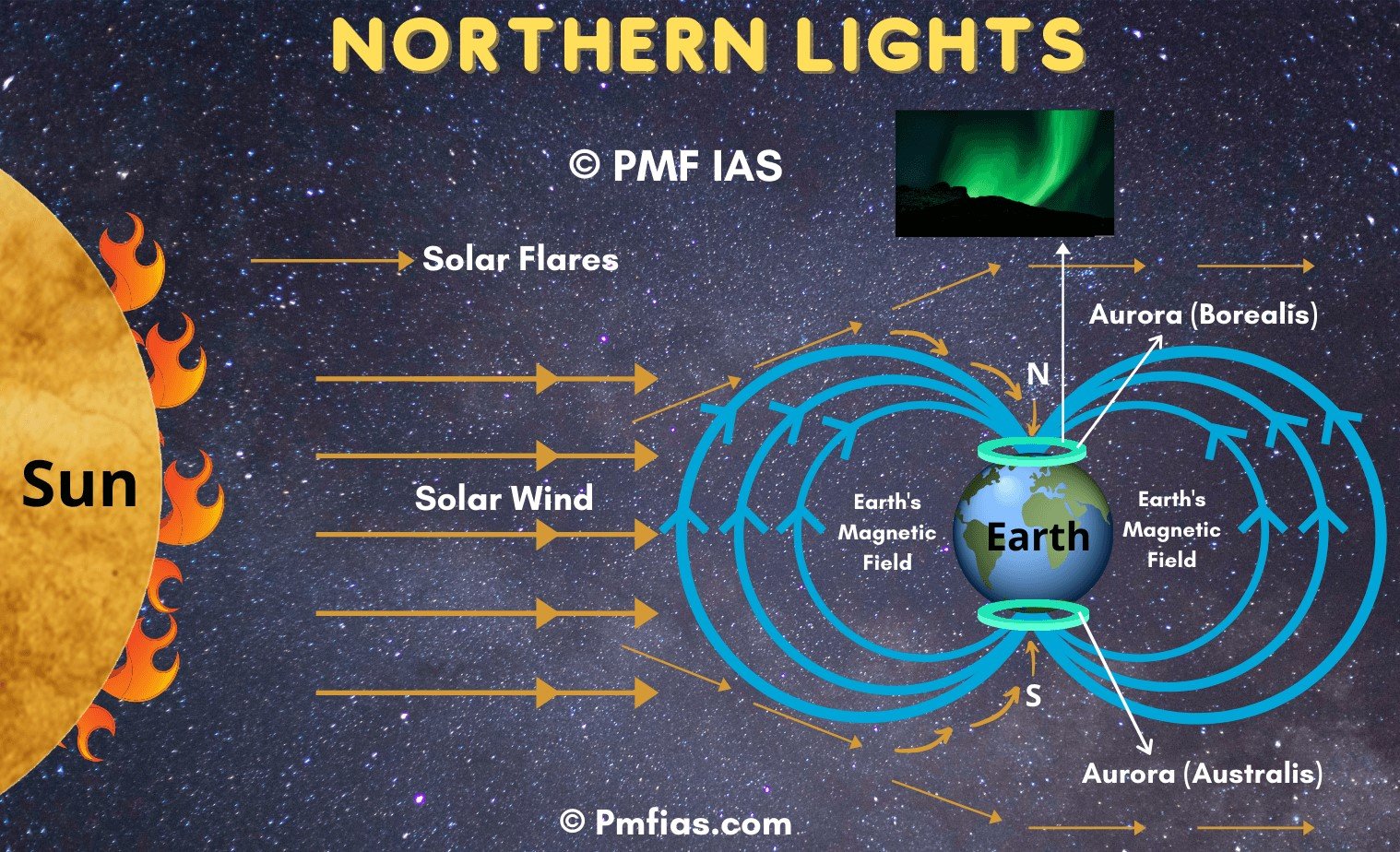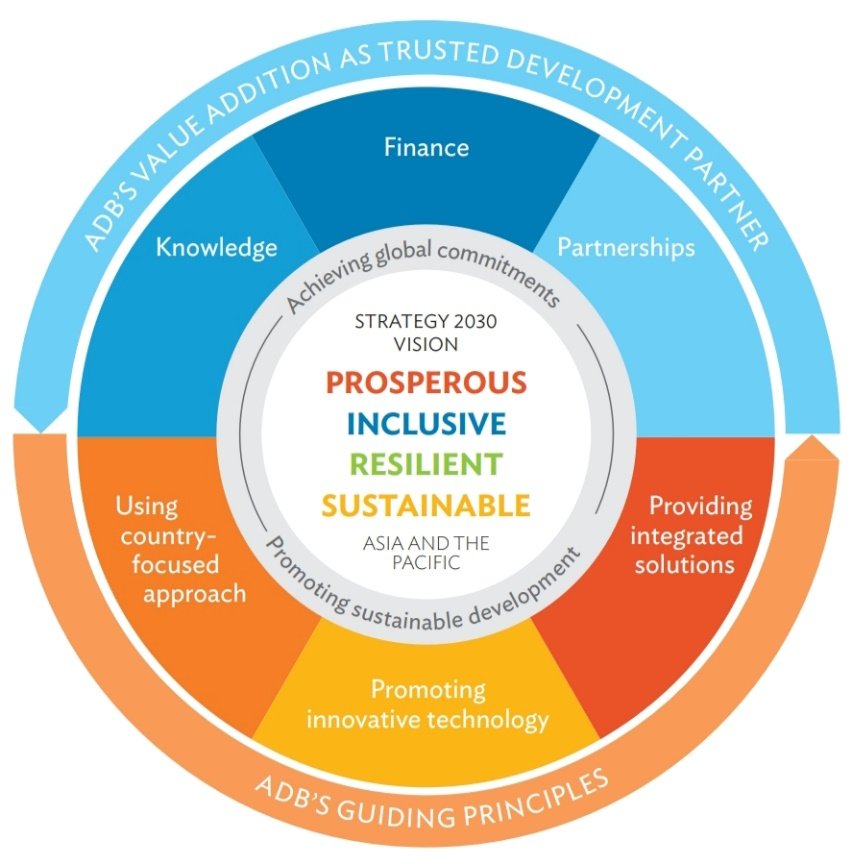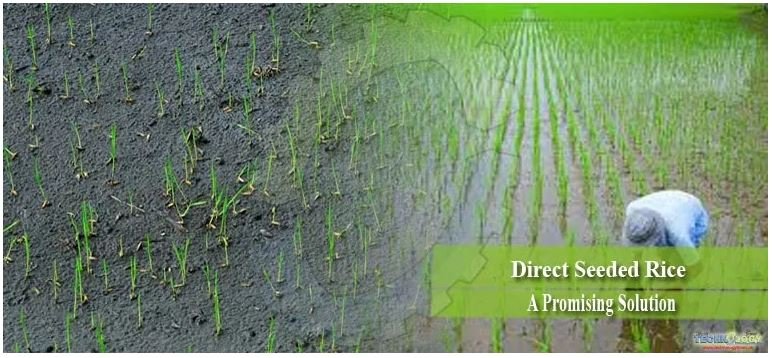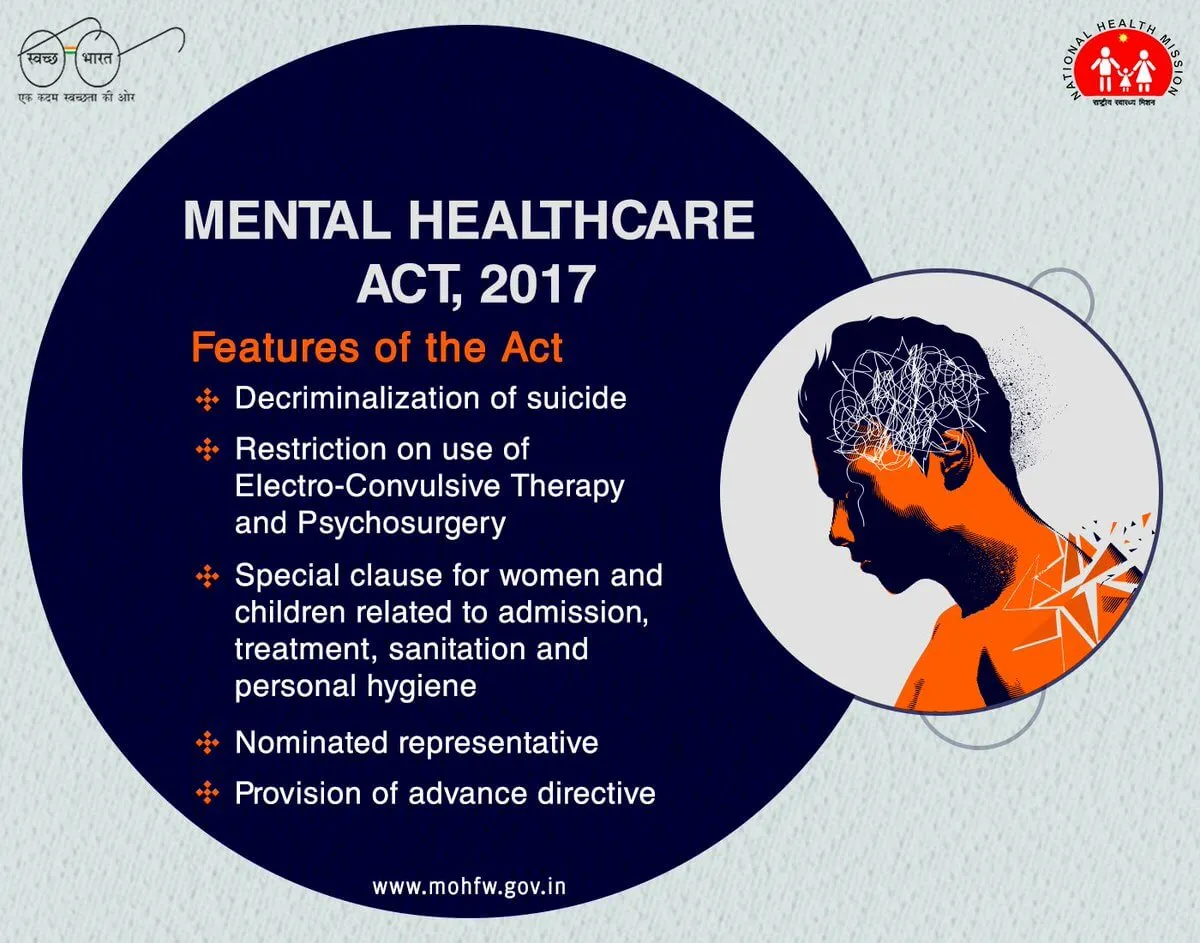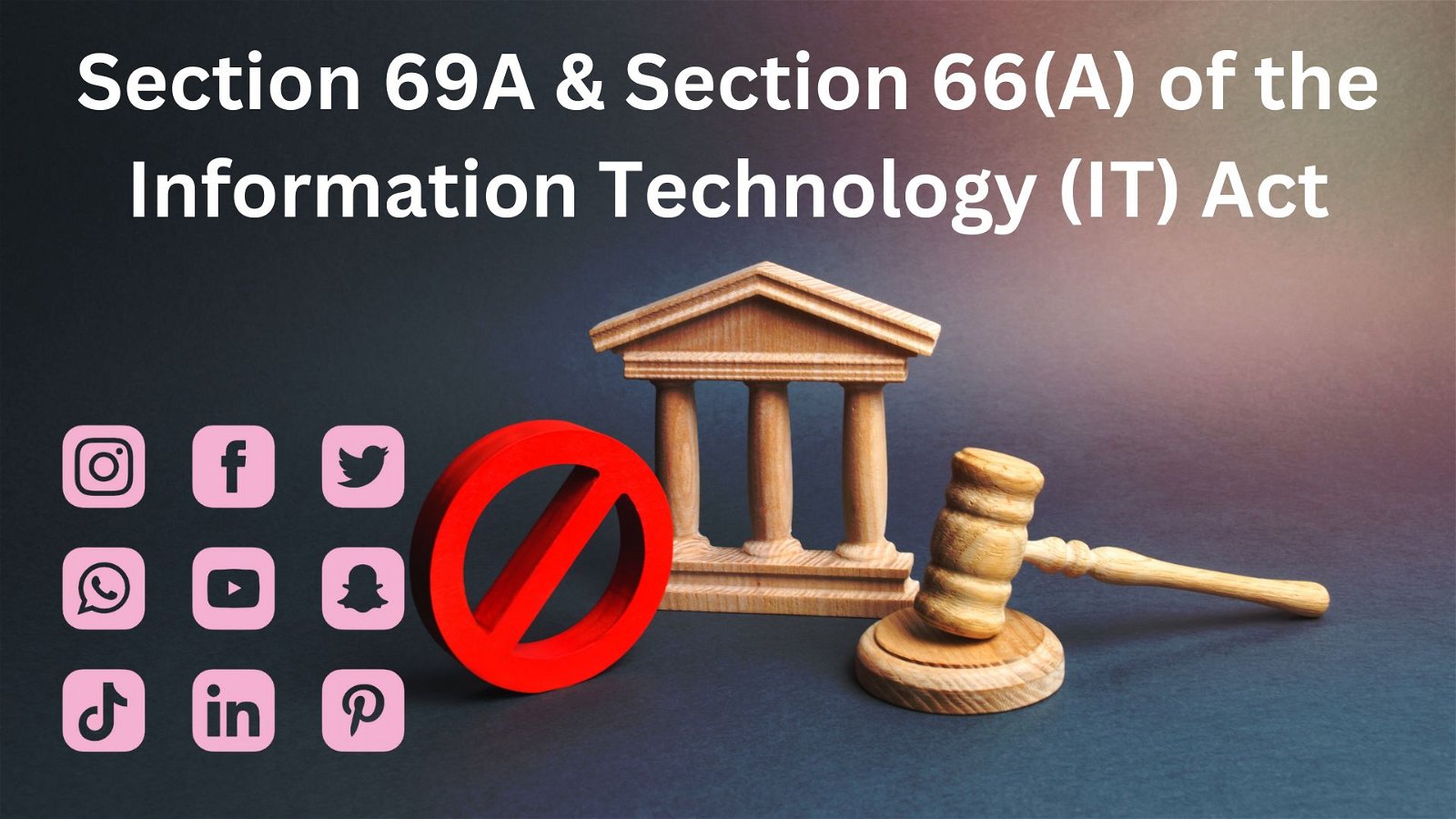
Current Affairs July 02-03, 2023: Pangong Lake, Disqualification of an MP, Polavaram Irrigation Project
Subscribers of "Current Affairs" course can Download Daily Current Affairs in PDF/DOC
Subscribe to Never Miss an Important Update! Assured Discounts on New Products!
Must Join PMF IAS Telegram Channel & PMF IAS History Telegram Channel
{GS2 – IR – India-China} Pangong Lake
- Context (TH): There is a significant focus on infrastructure development, including road networks and advanced landing grounds in the region surrounding Pangong Lake, by both India and China.
Recent Developments in the Galwan Clash Area
Indian Infrastructure Initiatives
- India is constructing a black-topped road towards Finger 4 on the north bank, expected to be completed by 2025.
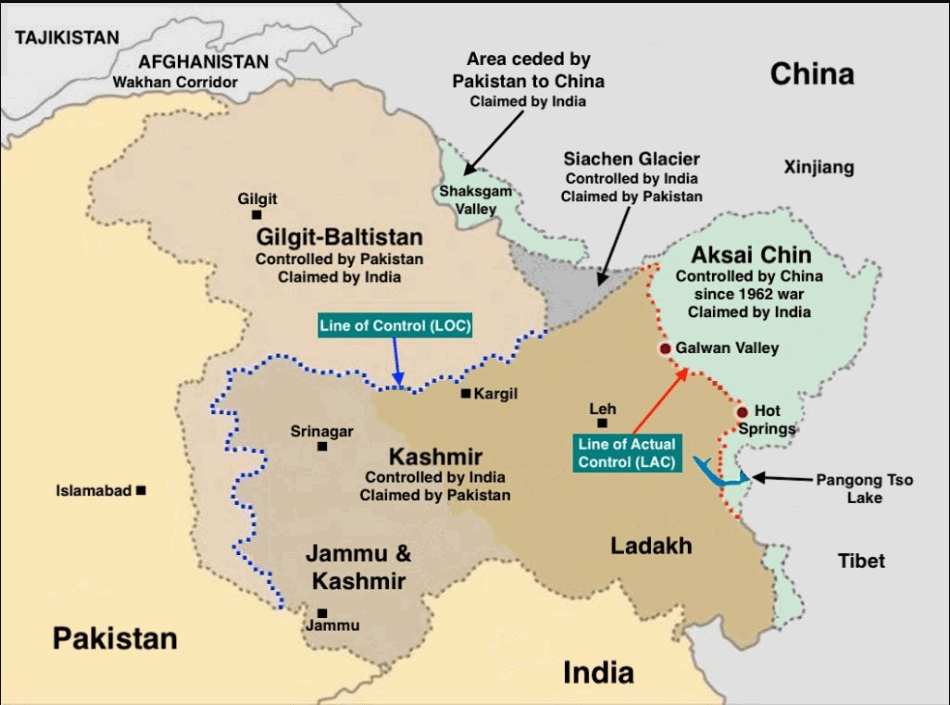
Budgetary Allocation and Progress
- The Border Roads Organization (BRO) budgetary allocation has increased significantly.
- The BRO’s capital budget for 2023-24 was ₹5,000 crore, a 43% increase from the previous year.
- The India-China Border Roads (ICBR) plan has made significant progress in constructing over 1,400 km of strategic roads along the Line of Actual Control (LAC).
Chinese Infrastructure Initiatives
- Construction work is underway on the main bridge on the Chinese side, while the second bridge has already been completed.
- Large-scale construction activity has been observed on the north bank, including road connectivity towards Shandong village.
- A Chinese air defence site is located east of the Khurnak Fort.
Ongoing Disputes and Talks
- Despite the infrastructure developments, the Corps Commander-level talks between India and China remain deadlocked.
- Friction points at Depsang and Demchok continue to be contentious, with the Chinese side blocking Indian patrols.

Pangong Tso
- In the Ladakhi language, Pangong means extensive concavity, and Tso is lake in Tibetan.
- Pangong Tso is a long narrow, deep, endorheic (landlocked) saline (brackish) lake situated at a height of more than 14,000 ft (4,270 m) in the Ladakh Himalayas.
- The 135 km-long lake is shaped like a boomerang and is 6 km wide at its broadest point.
- The Karakoram Mountain range (Tajikistan, Afghanistan, Pakistan, China & India) ends at the north bank of Pangong Tso.
- 1/3rd of the lake is under Indian control while the rest is under Chinese control.


Tactical significance of the Lake
- By itself, the lake does not have major tactical significance. But it lies in the path of the Chushul approach, one of the main approaches that China can use for an offensive into Indian-held territory.

- The Chushul Valley has a vital airstrip that played an important role during the 1962 War with China.
- Chushul is the gateway to Leh. If China enters Chushul, it can launch its operations against Leh.
- Chushul is one of the five Border Personnel Meeting points between the Indian and Chinese armies.
{GS2 – IR – India-SE Asia} India-Myanmar-Thailand Trilateral Highway
- Context (TH): 70% of the India-Myanmar-Thailand Trilateral Highway (IMT Highway) is complete.
- The IMT Highway is a 1,360 km long route under construction, connecting Moreh, India, with Mae Sot, Thailand, via Myanmar.

Moreh, Manipur
|
- The IMT highway is part of India’s Look East policy and aims to boost trade and commerce in the ASEAN–India Free Trade Area and Southeast Asia.
- India has proposed extending the highway to Cambodia, Laos, and Vietnam, forming the ~3,200 km East-West Economic Corridor.
- The E-W Economic Corridor between Thailand, Cambodia, and Vietnam became operational in 2015.
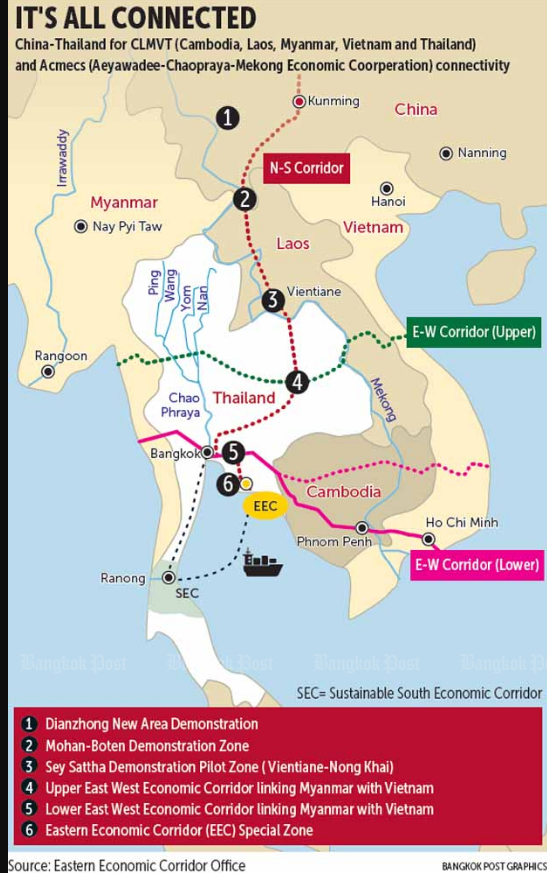
{GS2 – Polity – IC – Federal Structure} NCCSA
- Context (TH): The Delhi Chief Minister’s Office (CMO) said that the National Capital Civil Service Authority (NCCSA) has been reduced to a “complete farce” with bureaucrats “dictating” their own will and overturning the Chief Minister’s decisions.
- NCCSA is formed by the Union government’s Ordinance. The provisions in the ordinance mandate the formation of a “permanent” National Capital Civil Service Authority (NCCSA).
- Composition: Chief Minister is the chairperson, and the Chief Secretary and Principal Home Secretary as Member and Member-Secretary, respectively.
Authority of NCCSA
- The NCCSA exercises authority over civil service officers in all Delhi government departments except those in public order, police and land.
- The NCCSA would decide civil service officers’ transfers, postings, prosecution sanctions, disciplinary proceedings, vigilance issues, etc., deputed to Delhi government departments.
- NCCSA takes the decisions by the majority of votes of the members present and voting. In case of a difference of opinion, the Lieutenant Governor’s decision would be final.
Issues
- The dual governance scheme envisioned in Article 239AA is threatened as
- the two bureaucrats in NCCSA can outvote the head of the elected government, the CM of Delhi.
- L-G (appointed by the centre) has the final say in the case of a difference of opinion.
|
Article 239AA of the Indian Constitution
|
{GS2 – Polity – IC – Separation of Powers} Powers of Governor
- Context (TH): Following the Kerala Governor “sitting” on nine bills passed by the State Legislature, the State government is all set to move to the Supreme Court.
The issue with the Governor’s delay
- The governors, in some instances, would delay giving assent or returning Bills for an indefinite period, even though the Constitution required prompt action.
- Furthermore, the governors were taking extended periods of time to reserve Bills for the President’s assent, despite the requirement for immediate action.
Article 200 of the Indian Constitution
- Article 200 addresses the powers of the Governor concerning assent to bills passed by the State legislature, as well as other powers such as reserving a bill for the President’s consideration.
- Article 200 provides the Governor with three options:
- giving assent to a Bill or
- withholding assent to a Bill or
- reserving it for the President’s consideration.
- It also provides that the Governor may, as soon as possible after the presentation of the Bill to him for assent, return it requesting that the House reconsider the Bill itself or any of its provisions.
Supreme Court’s Order
- SC’s judgement in a petition by the Telangana government said that Governors should return Bills “as soon as possible” and not sit over them, making State Legislative Assemblies wait indefinitely.
- The court agreed that the proviso to Article 200 mandates that Governors should “as soon as possible” return Bills, other than Money Bills, for reconsideration by the House.
Rameshwar Prasad and Ors. vs Union Of India and Anr
- According to Article 361 of the Constitution, Governors are granted complete immunity from court proceedings for any actions taken in the exercise of their powers.
- However, the SC has ruled that “the immunity granted by Article 361(1) does not prevent the Court from examining the validity of the action, including on the grounds of malicious intent“.
- That is, if the grounds for refusal reveal malicious intent, the Governor’s decision to refuse assent could be deemed unconstitutional.
- Therefore, when a Governor declares that they are withholding assent to a bill, they must provide a valid reason for such refusal. As a high constitutional authority, the Governor cannot act arbitrarily.
|
Types of Veto Power: Absolute, Suspensive, and Pocket Veto
Veto over State Bills
|
{GS2 – Polity – RPA} Disqualification of an MP
- Context (TH): Judgment on Rahul Gandhi’s conviction in a defamation case is still awaited.
- Mr Rahul Gandhi was convicted and sentenced to two years imprisonment (maximum sentence for criminal defamation) by a magisterial court over his ‘Modi surname’ remark.
- As a result of the two-year jail term, he has now become ineligible to remain a legislator, and the Lok Sabha Secretariat has notified his disqualification (he is no longer an MP).
- Mr Gandhi, in surat session court, filed two applications, first for suspension of sentence, essentially an application for regular bail, and the second for suspension of conviction.
- The surat session court granted bail and suspended the sentence till the disposal of the appeal. It, however, dismissed his plea to stay his conviction.
- While his sentence has been suspended till the disposal of his appeal, only a stay on his conviction could have restored his membership of the House.
- Mr Gandhi filed the appeal in the Gujarat HC. The Gujarat HC declined to grant any relief and said it would give its final order when it reopens after the summer vacation.
Article 102 of the Indian Constitution: Disqualifications From Membership
- A person shall be disqualified for being chosen (elected) as, and for being, a member of either House of Parliament:
- If he holds any office of profit under the Government of India or the Government of any State, other than an office declared by Parliament by law not to disqualify its holder.
- If he is of unsound mind and stands so declared by a competent court.
- If he is an undischarged insolvent (a person who cannot repay his debts, and as long as he remains in that position, he is an undischarged insolvent).
- If he is not a citizen of India, or has voluntarily acquired the citizenship of a foreign State, or is under any acknowledgement of allegiance or adherence to a foreign State.
- If he is so disqualified by or under any law made by Parliament.
- A person shall be disqualified from being a member of either House of Parliament if he is so disqualified under the Tenth Schedule (which talks about the anti-defection law).
Representation of the People Act, 1951 (RPA)
- Section 8(3) of the RPA calls for barring a person from contesting elections for 6 years in addition to the period of conviction if he/she is convicted for 2 years or more under any offence.
- Section 8(4) of the RP Act (declared unconstitutional by SC in 2013) allowed convicted MPs, MLAs and MLCs to continue in their posts, provided they appealed against their conviction/sentence in higher courts within three months of the date of judgment by the trial court.
- Section 8(4) (declared unconstitutional by SC in 2013) creates two classes of convicts:
- the common man who, on conviction, cannot contest elections for MPs and MLAs, and
- sitting MPs and MLAs who would continue to be treated as not convicted despite being found guilty of an offence by a court of law.
Lily Thomas v Union of India case, 2013
- In the Lily Thomas v Union of India (2013), SC said that a lawmaker stands immediately disqualified on attracting a sentence of two years or more unless a higher court stays the conviction.
- The top court had struck down Section 8(4) of RPA as unconstitutional, which provided a three-month window to file an appeal and continue as a lawmaker until the case is disposed of.
- Mr Rahul Gandhi was disqualified as an MP immediately after the conviction as Section 8(4) of RPA is no longer valid.
Revocation of disqualification
- In January 2023, the Kavaratti district sessions court convicted and sentenced Lakshadweep MP Mohammad Faizal to 10 years of rigorous imprisonment for attacking a Congress worker.
- On January 13, the Lok Sabha Secretariat notified Faizal’s disqualification under Section 8(3) of RPA.
- Kerala HC suspended his conviction in March 2023, and the Lok Sabha secretariat immediately revoked his disqualification.
- Similarly, if a higher court suspends Mr Gandhi’s conviction, he regains his MP membership.
{GS3 – Envi – Conservation} Revival of Bald Eagle
- Context (IE): The national bird of the US, the bald eagle, has returned from the brink of extinction.
- DDT (dichloro-diphenyl-trichloroethane), used to kill malaria-carrying mosquitos and agricultural pests, had a catastrophic impact on the bald eagle population.
- Due to the consumption of DDT-contaminated fish, female eagles laid extremely thin-shelled eggs, leading to nesting failures.
- With the help of captive breeding programmes and strict habitat protections, the USA has now successfully revived the bald eagle population.
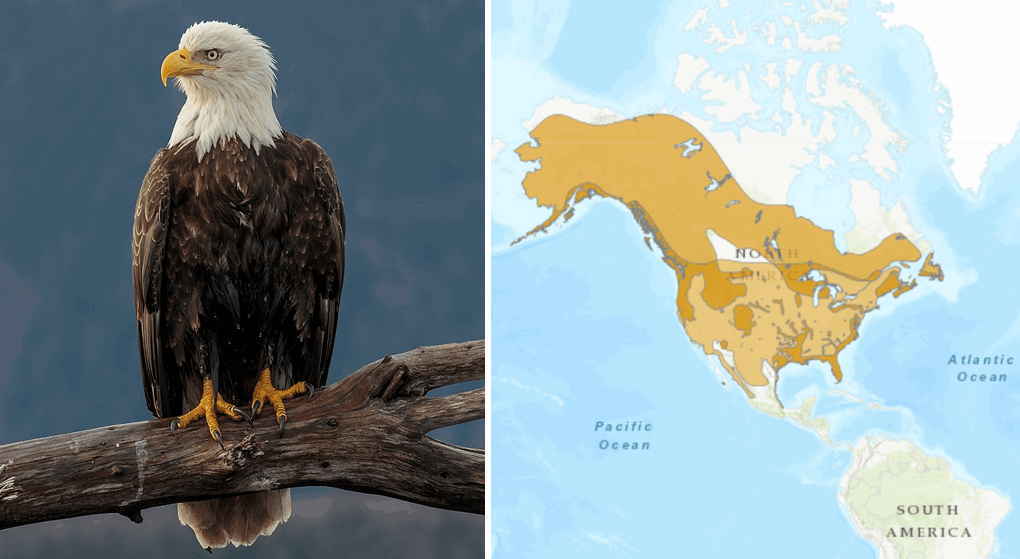
Bald Eagle (Haliaeetus leucocephalus)
- Bald eagle is not actually bald. It is named so because of its white-feathered head.
- Distribution: It is the only eagle solely native to North America.
- Habitat: It is a sea eagle (fish-eating eagle), and so it commonly occurs inland along rivers and lakes.
- It builds its nest in isolated trees or rocks located within easy flight of water. Both parents share in the incubation and feeding of the young.
- Threats: Intense hunting, unintentional poisonings (use of DDT and lead shot), habitat destruction, and loss of great herds of bison (a seasonally important food source).
- Conservation status:
- IUCN Red List: Least Concern
- CITES: Appendix II
{GS3 – Envi – Water Pollution} Chloride in Concrete
- Context (TH | IE): High chloride levels in concrete pose a risk to housing in NCR.
- Chloride ions are highly corrosive. Elevated chloride levels in water can accelerate the corrosion process, damaging plumbing fixtures, pipes, and appliances.
- Chlorine in water can permeate through concrete and reach the steel bars corroding the metal framework, endangering the skeleton of your concrete floor.
- The overall structural integrity is reduced if water with high chlorine levels is used in the concrete aggregate mix.

{GS3 – IE – Banking} Cryptocurrency
- Context (TH): IMF’s changed view on the crypto market in Latin America.
- Cryptocurrency, sometimes called crypto-currency or crypto, is any form of currency that exists digitally or virtually and uses cryptography to secure transactions.
- Cryptocurrencies don’t have a central issuing or regulating authority.
- They run on blockchain technology.
- Units of cryptocurrency are created through a process called mining, which involves using computer power to solve complicated mathematical problems that generate coins.
- Bitcoin is the largest cryptocurrency by market capitalisation.
Cryptocurrency and Legal tender
- Few countries have entirely banned crypto assets.
- El Salvador is the first country in the world to adopt Bitcoin as its legal tender.
- In India, Cryptocurrencies are a kind of assets like gold, silver, etc. So, Cryptocurrencies are not a currency. People can transact in cryptocurrencies (Just like GOLD).
- China has banned crypto mining and unregulated virtual assets in the country.
IMF’s stance on cryptocurrency
- IMF was against El Salvador’s move to adopt Bitcoin as legal tender, citing fiscal risks.
- Recently, IMF noted that a crypto ban “may not be effective in the long run” in the region.
- It called for regulation of cryptocurrency and recording crypto transactions for transparency.
RBI’s Stance on Cryptocurrency
- In 2013, RBI issued a circular warning to the public against using virtual currencies.
- In 2018, RBI issues a circular preventing commercial and cooperative banks, payments banks, small finance banks, NBFCs, and payment system providers from dealing in virtual currencies or providing services to all entities which deal with crypto exchanges.
- In 2020, SC declared the 2013 RBI circular unconstitutional.
Budget FY23 and Crypto transactions
- In Budget 2022-23, Government proposed to levy a tax of 30% on the transfer of virtual assets, including NFTS and cryptocurrencies.
- Trades are subjected to a 1% TDS. ie Citizens selling their tokens — Bitcoin, Ethereum, Dogecoin, Solana and others — receive 1 per cent less the value of the assets at the selling price.
Central Bank Digital Currency (CBDC)
What is the difference between cryptocurrency and CBDCs?
|
{GS3 – Infra – Irrigation} Polavaram Irrigation Project
- Context (DTE | TH): Konda Reddis (a Particularly Vulnerable Tribal Group) and Koya tribes in the Godavari region, displaced due to the Polavaram Project, are now deprived of their livelihood.
- Polavaram Project is a multi-purpose irrigation project on the Godavari River in Andhra Pradesh.
- It is being constructed based on the recommendations of the Godavari Water Disputes Tribunal (1969), which issued its final award in 1980.
- The reservoir also spreads to Telangana, Odisha, and Chhattisgarh.
- It covers the Papikonda National Park of Andhra Pradesh.
- It will facilitate inter-basin water transfer from the Godavari to the Krishna through a link canal.
- It is a centrally funded project for irrigation, hydropower, and drinking water facilities.
- As per the Andhra Pradesh Reorganisation Act, 2014, it has been declared a National Project.
- Since it is a National Project, the Ministry of Tribal Affairs shall ensure that all eligible tribes get the proper compensation for the loss of land and livelihood due to the acquisition of forest lands.
National Project
|
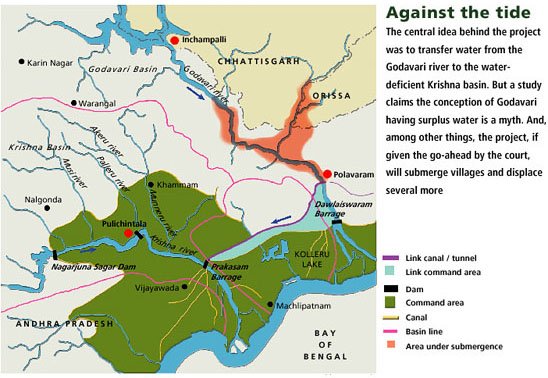
Konda Reddis
- Konda Reddis (or Hill Reddis) is a tribe in Andhra Pradesh, Telangana, Tamil Nadu, and Odisha.
- They are a designated Scheduled Tribe in AP and belong to the Particularly Vulnerable Tribal Group.
- Their traditional occupation is collecting forest resources and cultivating millets, maize, pulses, and vegetables through podu cultivation (the name of shifting cultivation in Andhra Pradesh).
- The Godavari region which they inhabit is famous for mangoes. and before plucking the mangoes, the Konda Reddis perform a ceremonial community dance known as Mango Dance.
- They worship dead ancestors, the hills, local and Hindu gods.
Particularly Vulnerable Tribal Group (PVTG)
|
Koyas
- Koya tribe is found in Andhra Pradesh, Telangana, Chhattisgarh, and Odisha.
- Traditionally, Koyas were soldiers of the palegars (feudal lords) and practiced podu cultivation.
- Today, Koyas are mainly settled cultivators and artisans.
Legal Provisions for the Protection of Forest Rights of Scheduled TribesSTs and Other Traditional Forest Dwellers (Recognition Of Forest Rights) Act, 2006
Right to Fair Compensation and Transparency in Land Acquisition, Rehabilitation and Resettlement Act 2013 (LARR Act)
|





![PMF IAS Environment for UPSC 2022-23 [paperback] PMF IAS [Nov 30, 2021]…](https://pmfias.b-cdn.net/wp-content/uploads/2024/04/pmfiasenvironmentforupsc2022-23paperbackpmfiasnov302021.jpg)

